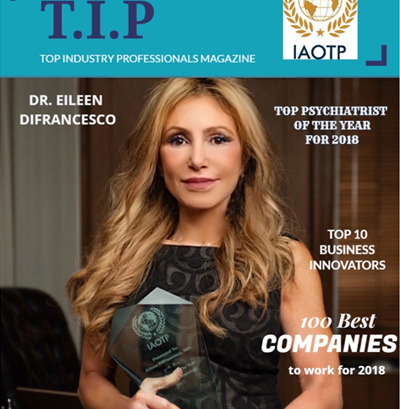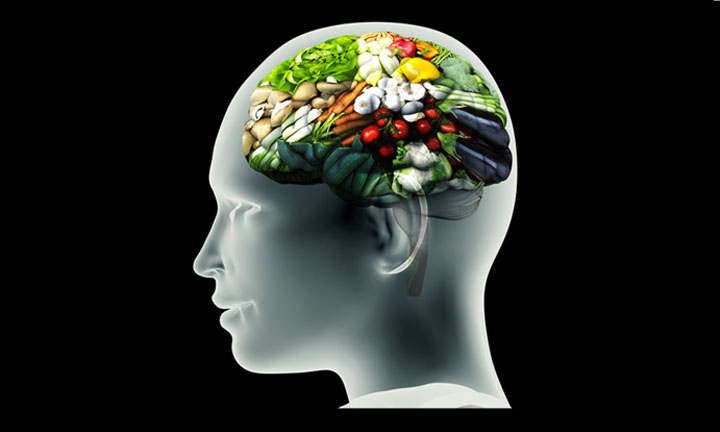About the Practice
Dr. Eileen DiFrancesco
Background
My philosophy is that a healthy brain is key for well-being, balance and optimal functioning. Making an accurate diagnosis is the most important first step in treating patients. Treatment must be tailored to the needs of each individual. Both genetics and environment contribute to mental health and illness. Genetics predispose individuals to certain mental disorders; however, parenting, peer integration, environment and life experiences, all factor in, to determine the outcome. An assessment of all of these factors is used to create a treatment plan for each individual.
As a Medical Doctor specializing in Psychiatry and Psychopharmacology, I am able to prescribe medication for mental disorders. The decision to medicate a patient is very serious and requires an intensive understanding of the individual and the underlying neurobiology.

Neuroplasticity
One of the most extraordinary discoveries in the 20th century has been Neuroplasticity. Neuroplasticity or neural plasticity, is the ability of the brain to change continuously throughout an individual’s life. This means that through learning, experience and repetition, we can change the actual structure and functioning of the brain.Before Neuroplasticity, the entrenched view of the human brain was that it is fixed and unchanging in adults.

The fact that we can help patients learn adaptive, healthy, ways of thinking, means that we can help them change their lives. During development, we form patterns, habitual ways of thinking, which affect our feelings and behaviors. Thoughts, feelings and behaviors are characteristics of a person that affect mental health and or illness. Some individuals come to treatment for troubling thoughts, others for painful emotional states and others for maladaptive behaviors.
In some cases, medications are required to allow for a certain threshold so that individuals can work on assessing their own thoughts and dealing with them in a new way if necessary. Once this is achieved, individuals can ultimately work on changing their brains. The quality of our thoughts and whether or not we accept or reject them, determines how we feel and behave throughout life. Learning and repetition of healthy responses can create changes for achieving well-being.

Victor Frankel, the Austrian neurologist, psychiatrist and Holocaust survivor expressed it in his famous quote: “ Between stimulus and response there is a space. That space is our power to choose our response. In our response lies our growth and our freedom.“ Despite the horrific things he experienced, he did not allow his freedom to choose his attitude to be taken away.
"Ultimately, beyond nature and nurture is choice. One of our greatest gifts is that of potential; recognizing and fulfilling it provides meaning to our lives."